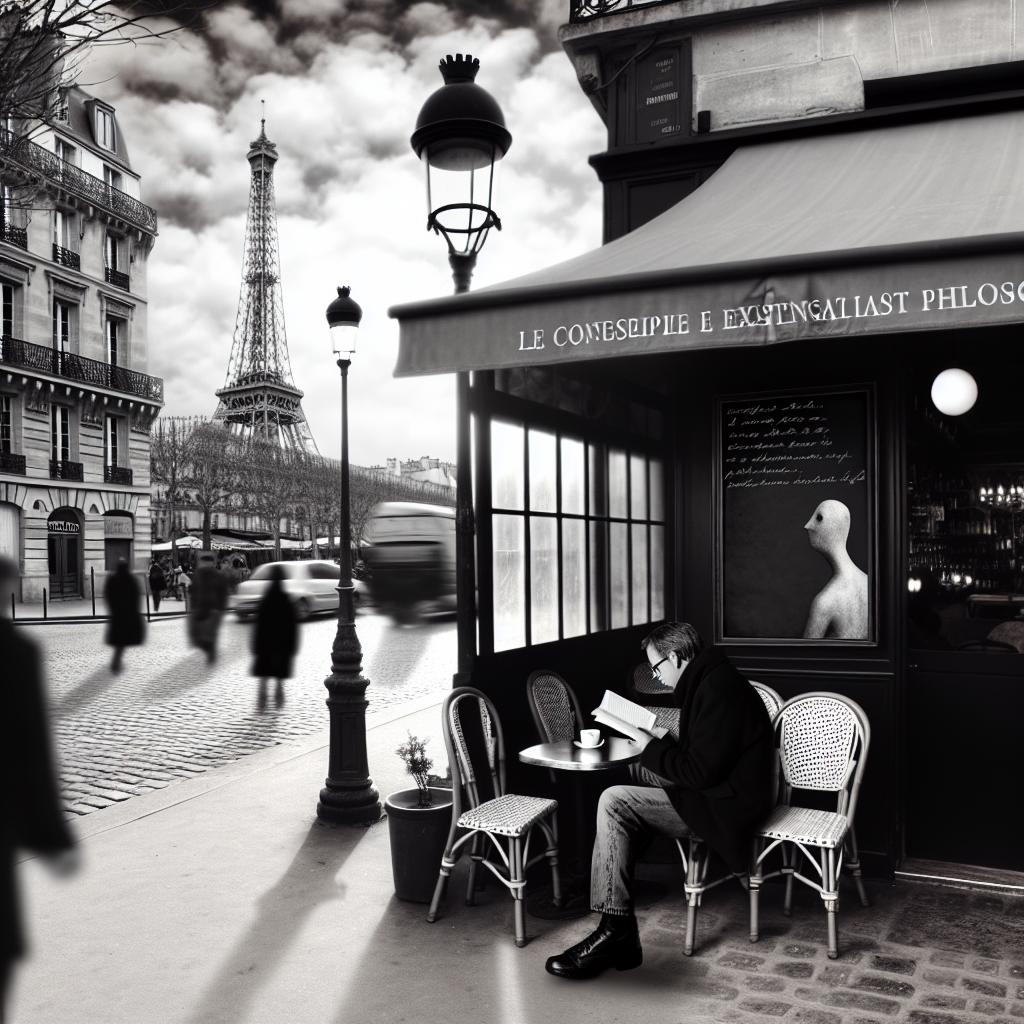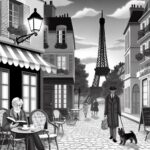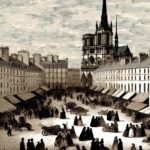Paris and Existentialist Philosophy
Paris, the capital of France, has played an instrumental role in the nurturing and development of existentialist philosophy. Emerging as a significant intellectual movement in the 20th century, existentialism primarily grapples with themes of individual freedom, choice, and the subjective nature of truth. It was in the vibrant intellectual and cultural milieu of Paris that these ideas found fertile ground to grow, attracting thinkers and artists who would become central to the movement.
Influence of Parisian Cafés
The quintessential Parisian café culture was a cornerstone in the flourishing of existentialist thought. In these gathering places, intellectuals convened to engage in debates that would shape existentialism. Cafés such as Café de Flore and Les Deux Magots were not mere venues for socializing; they were hubs for the exchange of ideas. These cafes became the epicenters of philosophical discussion and were frequented by seminal thinkers like Jean-Paul Sartre and Simone de Beauvoir. Offering an environment where thinkers could linger for hours over a single cup of coffee, these establishments facilitated in-depth discussions that not only nurtured individual ideas but also fostered collaborative intellectual progress.
Jean-Paul Sartre and Simone de Beauvoir
One cannot discuss existentialism without highlighting the profound contributions of Jean-Paul Sartre and Simone de Beauvoir. Sartre’s association with Paris was deeply intertwined with his existentialist inquiries, particularly into the notions of existence and freedom. His seminal work, Being and Nothingness, explores these concepts with Paris as its backdrop. Sartre viewed existence as a prelude to essence, emphasizing that individuals must navigate their freedom to define their own essence through actions and decisions.
Simone de Beauvoir was equally crucial to the existentialist milieu. Her pioneering work, The Second Sex, laid the groundwork for existentialist feminism, exploring the ways gender affects individual freedom and identity. Together, Sartre and de Beauvoir used the city of Paris both as inspiration and as a living laboratory to explore and critique the philosophical issues surrounding freedom, responsibility, and the self.
Impact on Literature and Arts
Existentialist philosophy did not remain confined to the abstract discussions of philosophers; it had a profound impact on the cultural landscape of literature and the arts. In literature, Albert Camus emerged as a leading figure who illustrated existential themes with poignant clarity. His works, often set in and around Paris, delve deeply into the absurdity of life and the eternal struggle for meaning, rebellion, and personal authenticity.
In the realm of the arts, the principles of existentialism influenced various creative forms, leading to a rich interplay between philosophy and artistic expression. The city’s vibrant artistic communities absorbed existentialist ideas, which found their way into paintings, theater, and films. This cross-pollination of ideas enriched both the existentialist movement and Parisian artistic circles, fostering a period of significant creative and philosophical synergy.
Further Exploration
For those interested in delving deeper into existentialist philosophy, there is a plethora of resources available that emphasize scholarly interpretations and primary sources. International cultural institutions and university libraries provide access to these essential resources. Additionally, for those wishing to experience the environment that inspired these philosophies, the Google Arts & Culture platform offers virtual tours of Parisian cafes and cultural sites, providing an immersive insight into the historical and cultural contexts that shaped existentialism.
The philosophical tenets discussed amidst the bustle of Parisian cafes continue to resonate in modern philosophical discourse, proving the enduring impact of this pivotal city in shaping the trajectory of existentialist thought. By exploring these resources, both physical and digital, individuals today can gain a deeper understanding of the dynamic interplay between philosophy, literature, and art that characterized the existential movement within the heart of Paris.








